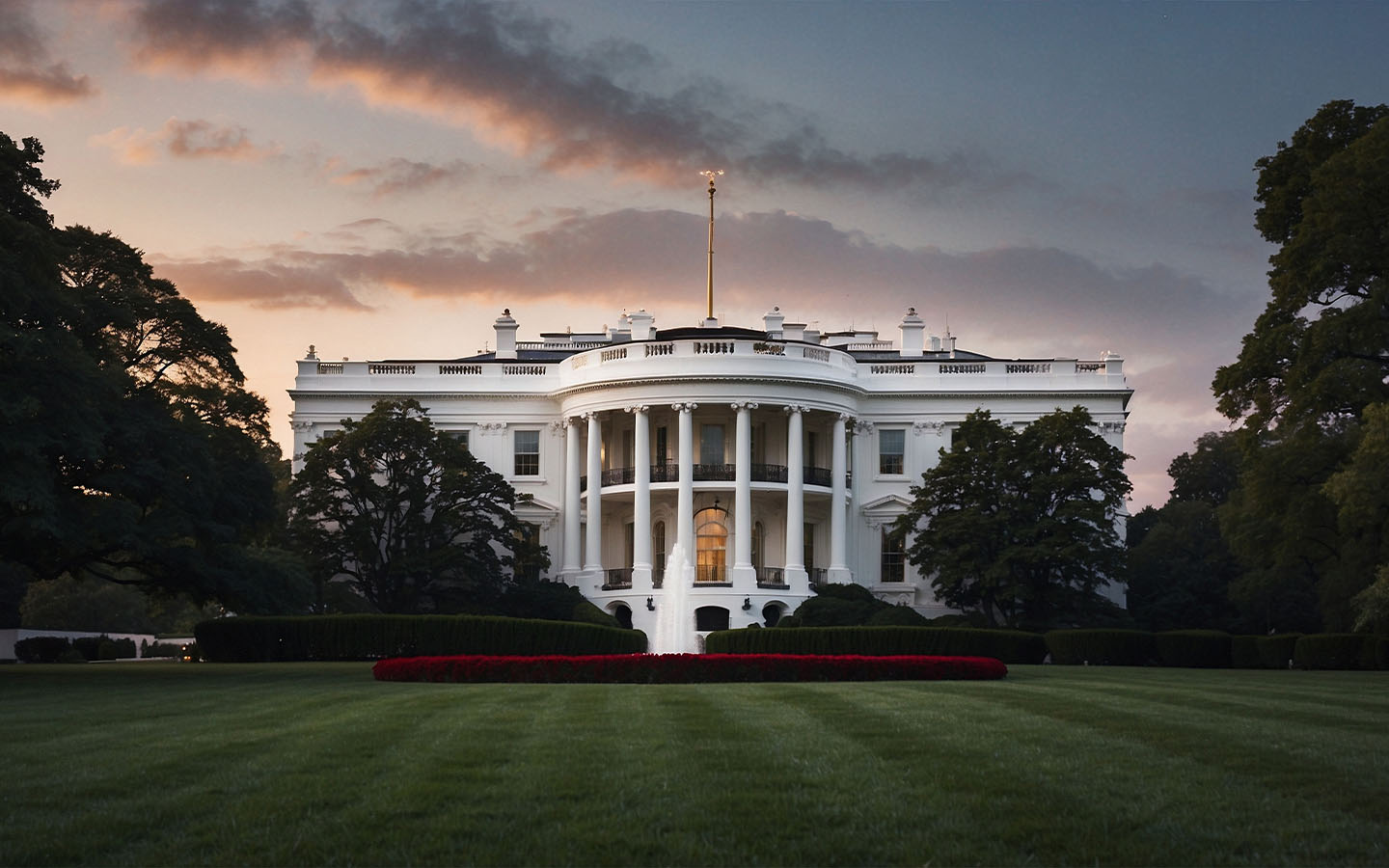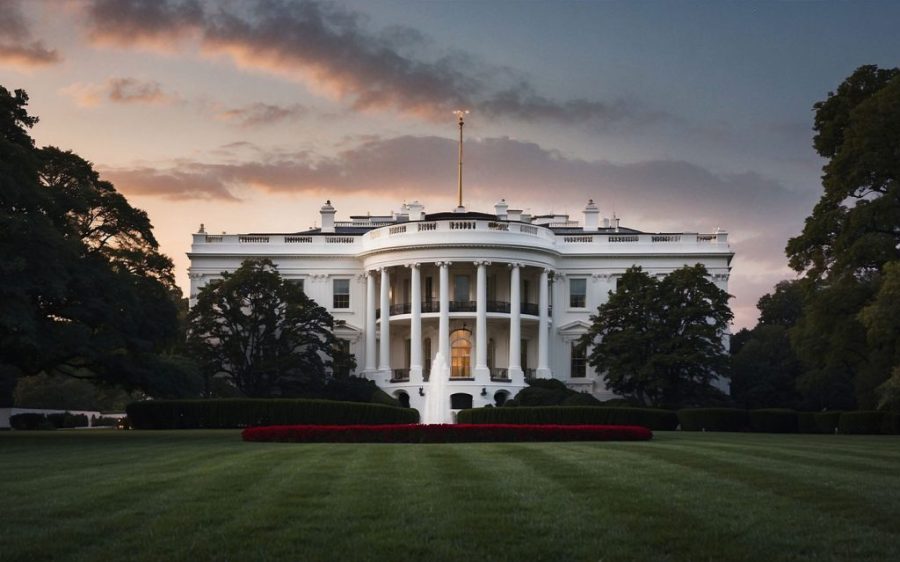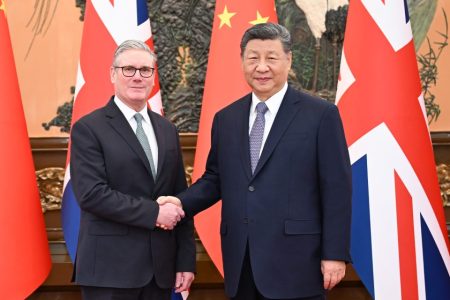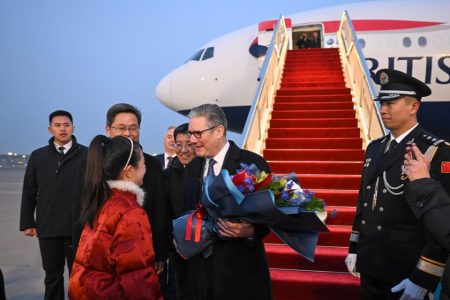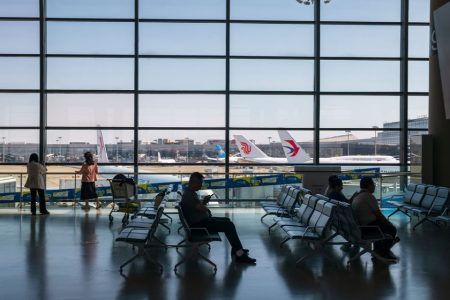A new and unpredictable era in China’s US ties has begun with the inauguration on Monday of Donald Trump as president of the US for a second, if non-consecutive, term in office.
Trump has made ostensibly conciliatory gestures to Beijing. He issued an unprecedented invitation to President Xi Jinping – whom he described as “a brilliant man” – to attend the inauguration ceremony in Washington. (Xi dispatched Vice President Han Zheng in his place.)
The new US leader has also pledged to restore access to TikTok, the Chinese-owned social media app that the Biden administration banned on national security grounds.
However, in the speech following his swearing-in, President Trump said that Washington would be “taking back” the Panama Canal.
“China is operating the Panama Canal, and we didn’t give it to China. We gave it to Panama, and we’re taking it back,” he declared, in bellicose remarks that have had little precedence in recent decades.
He earlier pledged to impose harsh trade tariffs on China from “day one” of his presidency.
While Mexico and Canada will be subject to similar imposts, “We will be charging China an additional 10 percent tariff, above any additional tariffs,” he said, reportedly as a retaliation for what he sees as Beijing’s failure to stem the smuggling of Chinese-made fentanyl into the US.
[See more: Beijing may not respond aggressively to Trump’s tariffs, senior economists say]
Other contentious issues include Washington’s overt support for Taiwan, which President Xi has warned must be “handled with caution,” as well as the ongoing US technology sanctions against China.
But while there is a good deal of apprehension over how Washington will now handle relations with its chief geopolitical rival, some analysts believe that President Trump’s blunt pronouncements – on tariffs in particular – are a deal-making tactic.
“The tariffs that are announced next week might only be a means to bring China back to the negotiating table, not necessarily intended to be implemented as an asset,” Josh Lipsky of the Atlantic Council, a Washington-based think tank, told a panel at the United States Institute of Peace last week.
Others say that the Trump administration would make Taipei pay for its own defence, and be less beholden to Washington’s traditional Western allies.
The US president “is going to want to still play China competitively,” Eric Gomez of Washington-based think tank the Cato Institute told the South China Morning Post. “But from what we saw in the first term he is not going to be as deferential to allied interests.”
That could be good news for Beijing. For now, however, the world must wait and see.
